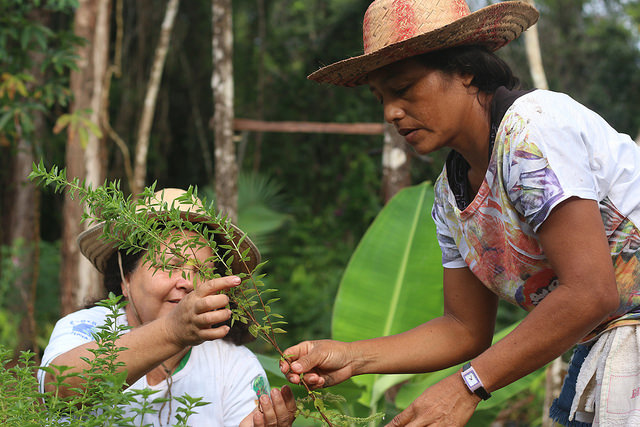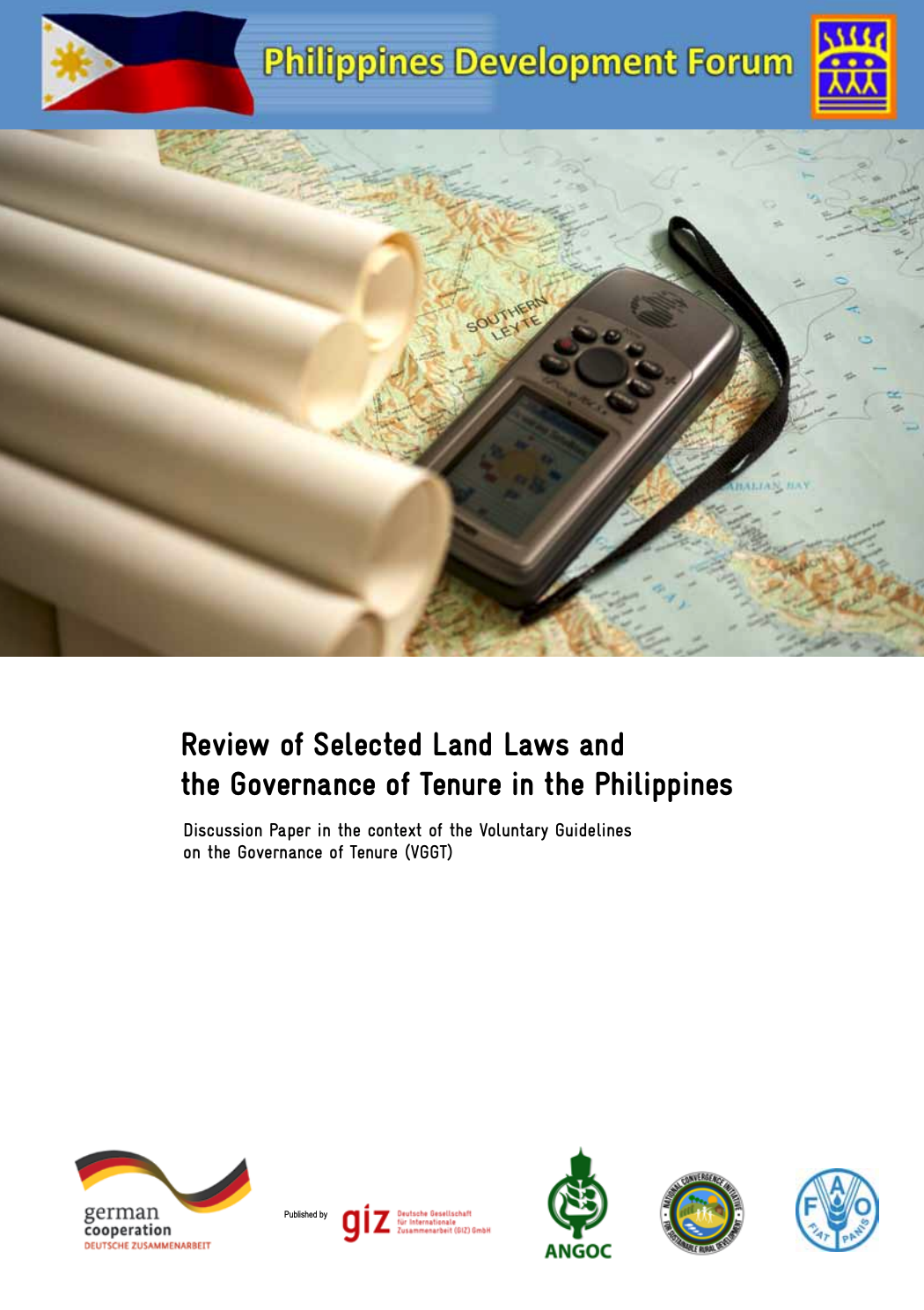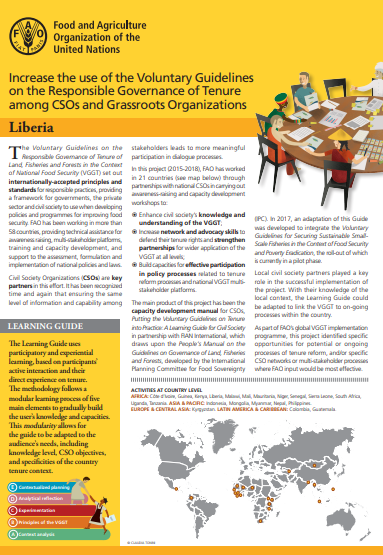Drivers of agricultural diversification in India, Haryana and the Greenbelt farms of India
Traditionally, agricultural diversification is referred to a subsistence kind of farming wherein farmers were cultivating varieties of crops on a piece of land and undertaking several enterprises on their farm portfolio. Household food and income security were the basic objectives of agricultural diversification. In recent decades, agricultural diversification is increasingly being considered as a panacea for many ills in the agricultural development of the India.







